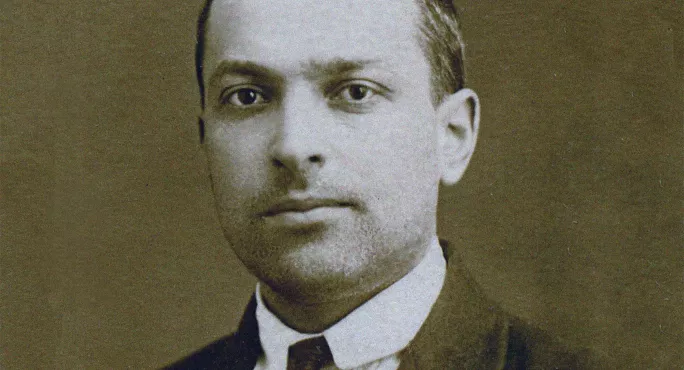Who was Lev Vygotsky? The Russian developmental psychologist (1896-1934) was famous for his work on child development and education.
Vygotsky proposed a socio-cultural theory of learning that emphasised the importance of social interaction in a child’s development.
Vygotsky said that learning was about not only acquiring the ability to think but also continuously interacting with the environment and individuals around you.
He is famous for his idea of the “zone of proximal development” (ZPD), a term he coined to describe the gap between what is already known and what is yet to be learned.
In this “zone”, in order to develop their thinking and understanding, learners engage in social interactions with a “more knowledgeable other” or MKO - often a peer or person who has greater knowledge or a higher level of skill.
Vygotsky said these interactions should involve scaffolding and guidance that support the child to use previous knowledge to move forwards rather than simply imparting information or lecturing them.
How is Vygotsky’s theory used in schools?
The concept of the ZPD is often used to aid planning: if a topic is too easy or too challenging, pupils will not learn as they will not be in the ZPD and will be unable to move forwards.
Also, the ZPD is individual to each student. If learning is viewed in this way, teachers can differentiate activities and tailor their approaches according to the various ZPDs that exist in their classroom.
More on pedagogy:
Vygotsky’s ideas about scaffolding and facilitating learning permeate most classrooms. Teachers will guide their learners through tasks and question them to support the development of knowledge and understanding.
However, it is important to note that scaffolding isn’t just about writing frames, word banks or gap-fill exercises to support students in completing a task, or asking probing questions to extend the most able.
Instead, every child needs to be within their own ZPD in order for learning to happen. Therefore, all pupils will require a slightly different approach and method of support or challenge that extends their cognitive capabilities.
Vygotsky’s ideas about the MKO are also useful for conducting peer assessment. Teachers can match students up in order to maximise the impact of working with an MKO and facilitate more meaningful social interactions within the classroom.




